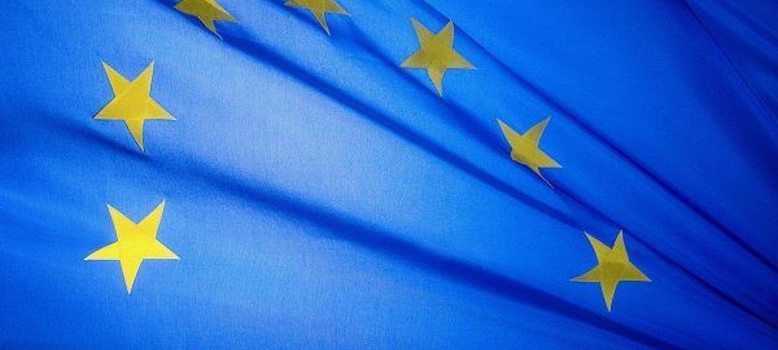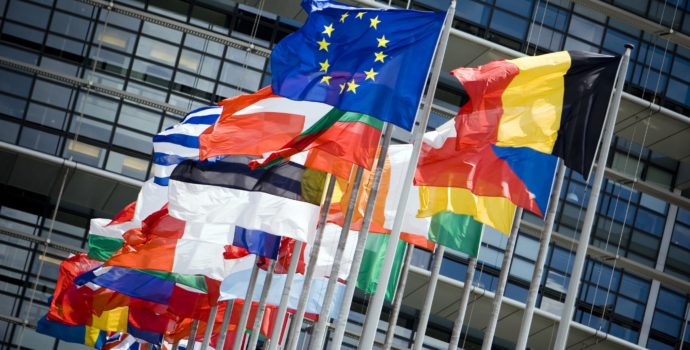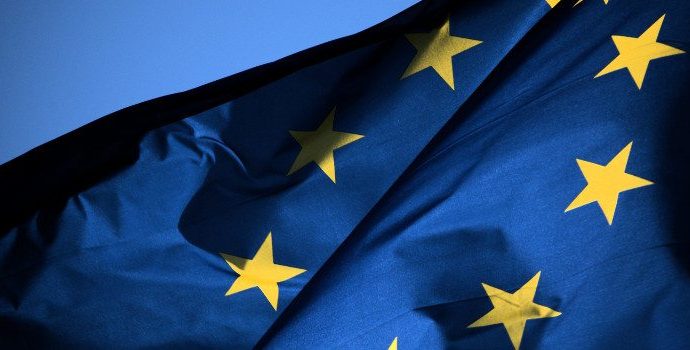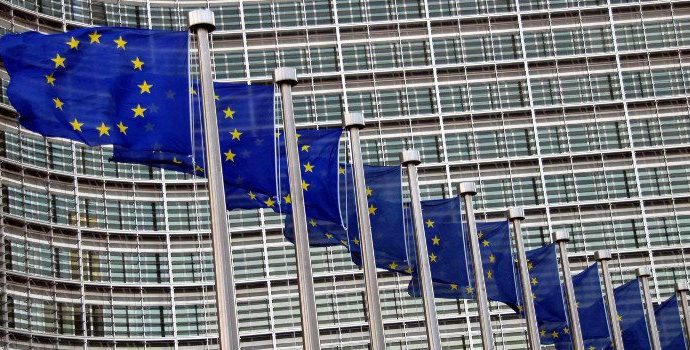European Commission Daily News 1st July

European Citizens’ Initiative: Commission to propose phasing out of cages for farm animals
Yesterday, the Commission decided to positively respond to the European Citizens’ Initiative (ECI) “End the Cage Age”, the sixth successful initiative supported by over 1 million citizens across the EU. In its reply, the Commission set out plans for a legislative proposal by 2023 to prohibit cages for a number of farm animals. The proposal will come as part of the ongoing revision of the animal welfare legislation under the Farm to Fork Strategy. Vice-President for Values and Transparency, Věra Jourová, said: “As the successful outcome of this Initiative shows, citizens’ input can make a real difference, leading to concrete legislative proposals from the Commission. We have heard the concerns of millions of people over the living conditions of farm animals and we will respond to it. My message to EU citizens is simple: the ECI is there for you, don’t hesitate to use it!” Stella Kyriakides, Commissioner for Health and Food Safety, said: “Animals are sentient beings and we have a moral, societal responsibility to ensure that on-farm conditions for animals reflect this. Today’s response is a key step towards an ambitious revision of the animal welfare legislation in 2023, a priority since the beginning of my mandate. I am determined to ensure that the EU remains at the forefront of animal welfare on the global stage and that we deliver on societal expectations.” Janusz Wojciechowski, Commissioner for Agriculture, said: “A sustainable food system cannot exist without high animal welfare standards…The Green Deal and its Farm to Fork Strategy, supported by the new Common Agricultural Policy, will be crucial in the transition to sustainable food systems. This citizens’ initiative only confirms that this transition also responds to a societal demand for more ethical and sustainable farming.” Since an end of the use of cages will require changes to current farming systems, the Commission will consider the socio-economic and environmental implications of the measures to be taken and the benefits to animal welfare in an impact assessment to be completed before the end of 2022. In this context, a public consultation will be carried out at the latest by early 2022. The Commission will assess the feasibility of working towards the proposed legislation entering into force from 2027. A full press release and a questions and answers are available online.
The EU welcomes the start of trading under the EU-Ghana interim Economic Partnership Agreement
Today, Executive Vice-President and Commissioner for Trade, Valdis Dombrovskis, and Hon. Alan Kyerematen, Minister of Trade and Industry of Ghana, announced the start of the effective implementation by Ghana of the EU–Ghana interim Economic Partnership Agreement (iEPA). As of today, Ghana will start liberalising access to its market for 80% of the total volume of EU exports. Since December 2016, the iEPA guarantees duty free-quota free access to the EU market for products made in Ghana. The effective implementation of the iEPA is crucial for developing and diversifying EU-Ghana bilateral trade. It creates better opportunities for EU companies to trade and invest in Ghana, and produce goods for export to the wider African market under the preferences available under the African Continental Free Trade Area. Executive Vice-President and Commissioner for Trade, Valdis Dombrovskis, said: “The opening of Ghana’s market to EU exports marks a milestone in our longstanding trade and economic relationship. Products made in Ghana already enjoy duty free-quota free access to the EU market. Increased trade volumes under the framework of the iEPA will increase two-way trade, creating jobs and growth in both the EU and Ghana. A well-functioning iEPA also reaffirms our shared commitment to rules-based trade, and will therefore enhance relations between the EU and the Economic Community of West African States (ECOWAS), as well as African States more broadly.” The EU-Ghana Joint Statement is available here.
The EU-Republic of Korea trade agreement marks ten years with trade growing twice as fast
The ten-year anniversary of the EU-Republic of Korea Trade Agreement comes with an impressive growth in bilateral trade of more than 50%, reaching over €110 billion. Trade in goods grew by 46% from 2010 to 2020, almost twice as fast as EU trade with countries that do not have a trade agreement with the EU. While the most benefited sectors have been machinery, transport equipment and chemicals, the agreement also contributed to significant export growth in other smaller sectors, like footwear and hats, textiles exports and wood. It has also helped EU agri-food producers increase their exports significantly and created new opportunities thanks to an extended list of geographical indications (GIs), updated last April. The agreement also played an important role in improving workers’ rights, as the first EU trade deal with a sustainability chapter. Executive Vice-President and Trade Commissioner, Valdis Dombrovskis, said: “We have a lot to celebrate on the 10th anniversary of the EU-Republic of Korea trade deal, which has led a big boost in our bilateral trade – in fact, trade has doubled. This shows that trade deals are very much worth negotiating and implementing and they are vital to our recovery: every €1 billion of exports supports 13,000 jobs in the EU. The deal also shows that the EU is walking the talk on workers’ rights, as the agreement has successfully contributed to the Republic of Korea’s ratification of key international labour conventions.” The EU remains the biggest source of foreign direct investment (FDI) in the Republic of Korea, representing 37% of the country’s total FDI stock. The EU’s investment in the Republic of Korea grew by 39% since 2010, reaching €44 billion in 2019. More information is available in our press release.
Read the European Commission Daily News in full here.




